
News
Embracing the Future: The Ultimate Guide to Sustainable Living in Modular Homes
As the global urgency for sustainable living intensifies, Modular Homes have emerged as a practical solution to meet environmental and economic challenges. According to a report by the World Green Building Council, construction and building operations account for nearly 39% of global CO2 emissions, highlighting the need for innovative approaches like modular construction that prioritize sustainability.
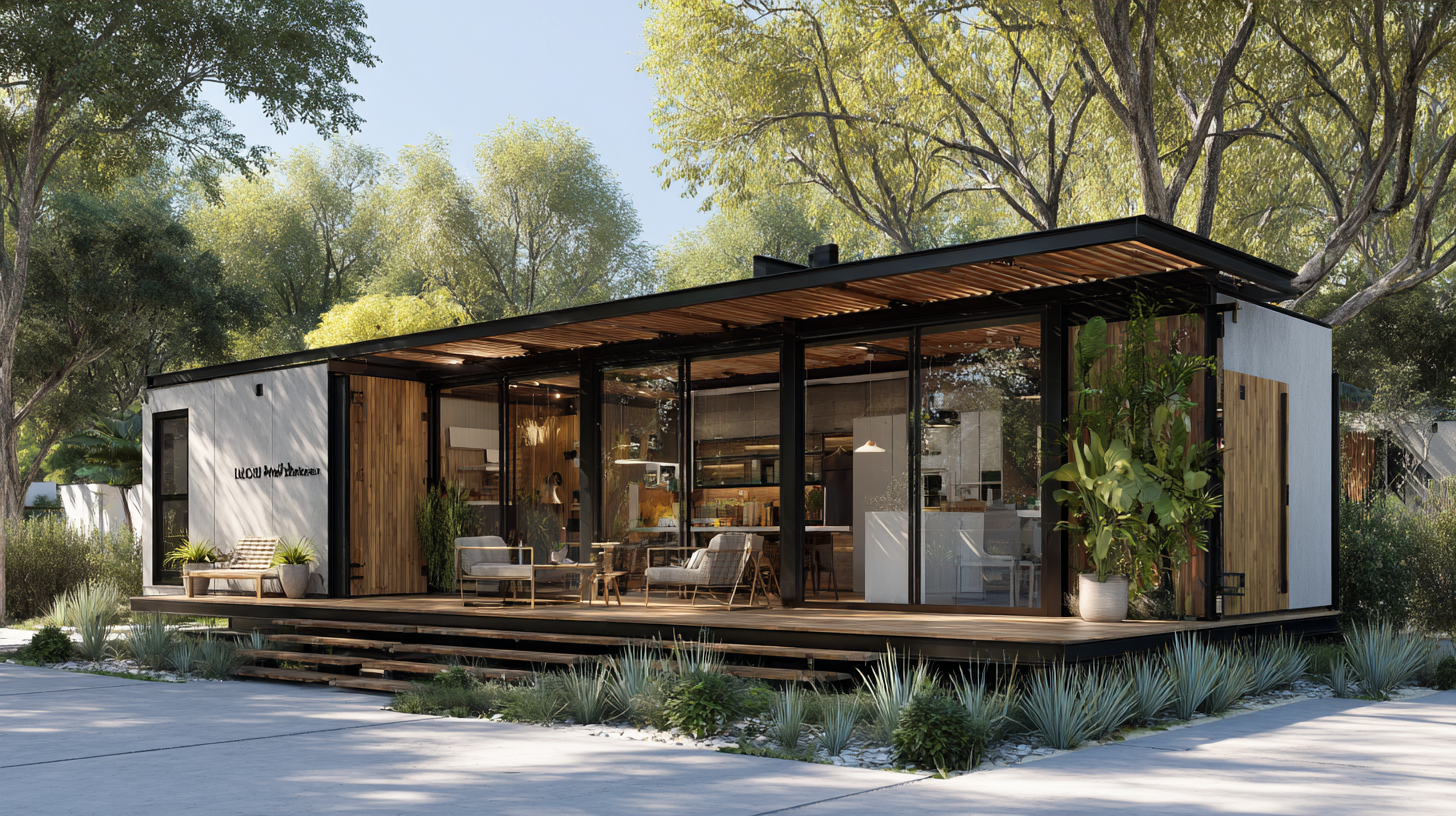
Modular Homes not only utilize fewer materials and generate less waste during production, but they also offer energy-efficient advantages through modern technologies and better insulation. The National Association of Home Builders also notes that modular construction can reduce build time by up to 50%, enabling homeowners to move into their sustainable living spaces sooner.
As we explore the intricacies of achieving a sustainable lifestyle, this guide will delve into the benefits, strategies, and personal stories that highlight the transformative potential of Modular Homes in fostering a greener planet.
Exploring the Benefits of Modular Homes in Sustainable Living Practices
The rise of modular homes represents a significant shift towards sustainable living practices, emphasizing efficiency and eco-friendliness. One of the key benefits of modular construction is its ability to drastically reduce project timelines, leading to quicker occupancy and less disruptive on-site work. This efficiency not only optimizes resource use but also minimizes waste, aligning with the principles of circular economy. As communities face increasing environmental challenges, including severe weather events, modular homes offer a resilient housing solution that can be tailored to withstand such crises.
Moreover, the modular home movement is making sustainable living more accessible. Homebuyers are increasingly seeking out non-traditional housing options that offer energy-efficient features and lower carbon footprints. Small changes in home design and materials—like energy-efficient lighting and sustainable appliances—can lead to significant reductions in energy consumption. As more homeowners recognize the long-term benefits of sustainable living, the demand for modular homes continues to grow, paving the way for a greener future in residential construction.
Understanding Energy Efficiency: Key Metrics and Savings in Modular Construction
In the realm of sustainable living, modular homes stand out for their energy efficiency, offering a modern solution to reduce carbon footprints while enhancing the quality of life. One of the core metrics of energy efficiency in modular construction lies in the thermal insulation properties used in their design. High-performance insulation materials drastically reduce the energy required for heating and cooling, allowing homeowners to enjoy comfortable living spaces while minimizing energy consumption.
Another significant aspect of energy efficiency in modular homes is the implementation of renewable energy sources. Many modular designs incorporate solar panels and energy-efficient appliances, which lead to considerable savings on utility bills. Additionally, the strategic orientation of modular homes can maximize natural light exposure and optimize energy use throughout the day. By integrating smart home technologies, residents can monitor and manage their energy consumption more effectively, paving the way for a sustainable lifestyle without sacrificing convenience or comfort.
Innovative Materials and Technologies Driving Sustainable Modular Home Designs
The emergence of modular homes represents a significant shift toward sustainable living, driven by innovative materials and cutting-edge technologies. One of the remarkable features of these homes is the use of eco-friendly materials such as reclaimed wood, recycled steel, and low-VOC (volatile organic compounds) paints. These materials not only minimize the carbon footprint during construction but also enhance the overall air quality within the living environment. Adopting such responsible sourcing practices contributes to a more sustainable industry that prioritizes environmental health.
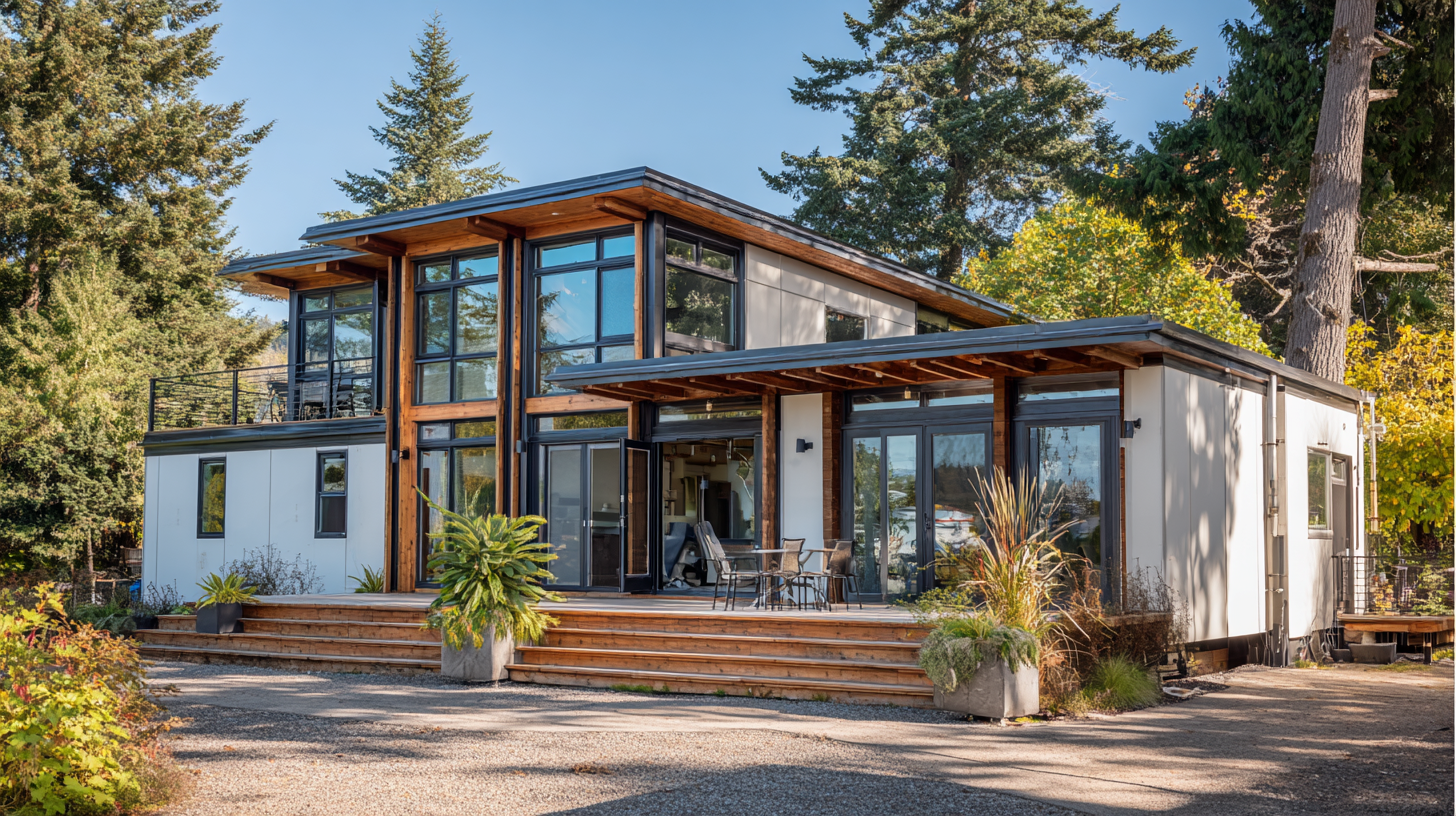
In addition to sustainable materials, advancements in technology also play a crucial role in the design and construction of modular homes. Prefabrication techniques allow for precision manufacturing, reducing waste and ensuring energy efficiency. Integrating smart home technologies helps optimize energy consumption; for instance, smart thermostats and energy monitoring systems adjust power usage based on real-time data. Furthermore, innovative insulation materials and renewable energy solutions, such as solar panels and green roofs, are increasingly employed, ensuring that modular homes are not only sustainable but also economically viable in the long run.
Integration of Renewable Energy Systems in Modular Homes for a Greener Future
The integration of renewable energy systems within modular homes is a pivotal step towards achieving a greener future. According to the International Energy Agency (IEA), renewable energy sources are expected to reach nearly 30% of the global energy mix by 2025. Modular homes, designed with efficiency in mind, can easily incorporate solar panels, wind turbines, and geothermal heating systems, thus enhancing their energy independence. A report by the U.S. Department of Energy indicates that homes equipped with solar energy systems can reduce their electricity bills by up to 70%, significantly contributing to long-term savings.
Moreover, the scalability of modular homes allows for the seamless addition of these renewable systems. For instance, a study conducted by the National Renewable Energy Laboratory (NREL) states that on-site energy generation in homes can offset carbon emissions by up to 80%, depending on energy consumption patterns. This ability to hybridize energy sources means that homeowners can not only lower their environmental impact but also create a sustainable living environment that promotes resilience against rising energy costs and resource scarcity. The future of sustainable living lies in adopting these innovative practices, making modular homes a viable option for eco-conscious consumers.
Renewable Energy System Adoption in Modular Homes (2020-2023)
This bar chart illustrates the adoption rates of various renewable energy systems in modular homes from 2020 to 2023. Solar panels lead the way with a 45% adoption rate, followed by rainwater harvesting at 30%, indicating a growing trend towards sustainable living.
Community Development: How Modular Homes Contribute to Sustainable Urban Living
Modular homes are transforming the landscape of urban living by fostering sustainable community development. These homes, constructed off-site in controlled environments, not only minimize waste but also prioritize efficient use of resources. Assembling these modular units in urban environments means that construction can be completed faster and with reduced environmental impact. This rapid deployment supports the creation of vibrant, mixed-income neighborhoods that enhance social cohesion and community engagement.
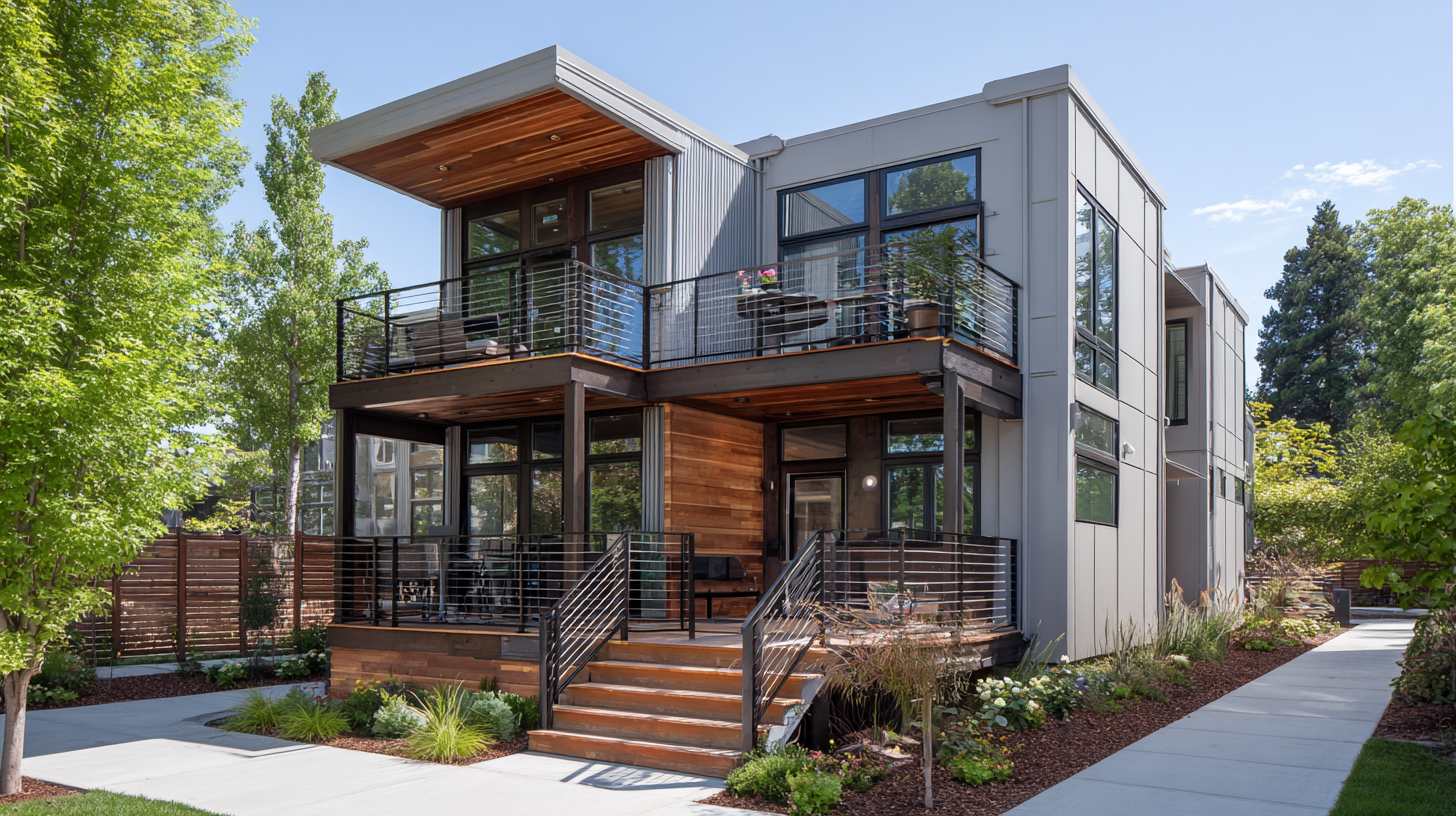
Furthermore, modular homes profoundly influence the urban fabric by promoting eco-friendly practices. Their design often integrates renewable energy sources, such as solar panels, and utilizes sustainable materials. This shift not only lowers individual carbon footprints but aligns with broader city-level sustainability goals. As cities increasingly prioritize green initiatives, modular homes emerge as a practical solution to meet housing demands while ensuring sustainable urban development. By building communities that are adaptable, resource-efficient, and inclusive, modular homes pave the way for a resilient future.
Related Posts
-
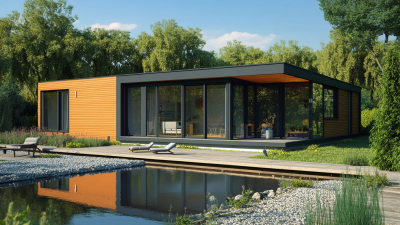
Navigating the Challenges: Common Issues with Best Modular Homes and How to Overcome Them
-
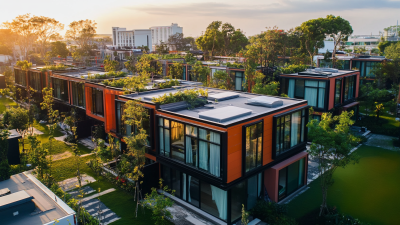
Understanding the Benefits of Modular Homes for Global Buyers
-
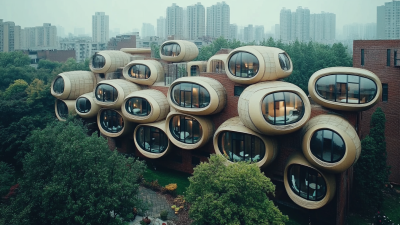
Exploring Sustainable Living: Innovative Capsule Homes in China as a Cost-Effective Housing Solution
-
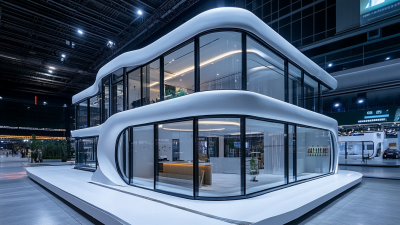
Top 10 Prefabricated Houses Available from Chinese Manufacturers at the 137th Canton Fair
-
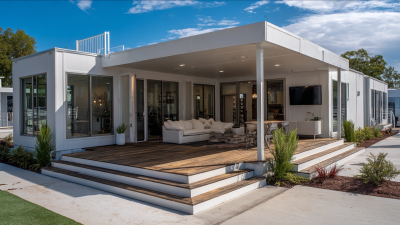
Transforming Spaces: Unveiling Global Success Stories with the Best Modular Homes
-
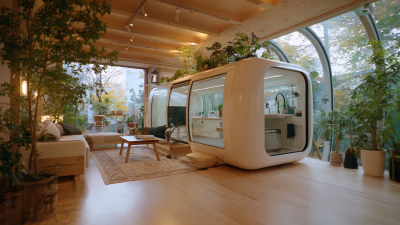
Exploring Alternative Living Solutions with Smart Capsule House Design
